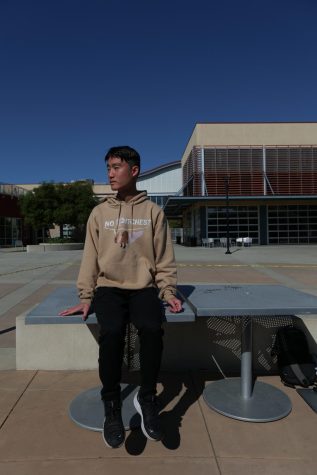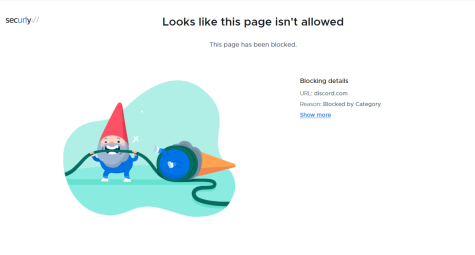World Hijab Day
February 1st symbolizes a day for Muslim women around the world to celebrate their culture and be proud of who they are. World Hijab Day, started in 2013, aims to spread awareness about the meaning of the hijab for Muslims and non-Muslims around the world.
“Wearing the hijab means different things for different people, but for me personally, I think it’s a way to have people judge you more based on who you are inside, not based on your outward or superficial appearance,” sophomore Yasmien Abunamous said.
“After I started wearing the hijab for a few months, I realized that how people treated me changed—people started respecting me more and judging me more on how I act rather than how I look,” sophomore Tamara Zafer said.
While wearing the hijab is the norm in many Arab countries, doing so is often associated with negative stereotypes in the western world. World Hijab Day helps fight these social stigmas.
“It is kind of funny actually, because when I see other people, I do not see anything different about them,” Abunamous said. “And it is strange to think that when other people see me, they probably first and foremost see stereotypes that surround Muslim women and the hijab in general. I think that people see the hijab as a symbol of oppression towards women, and with this event, we are trying to combat that.”
“I would like to emphasize, we wear the hijab not to be ‘oppressed’; we wear it to be judged in a different way, not based entirely on how we look,” Zafer said. “It is ultimately a personal decision —wearing a hijab is never forced upon someone.”
Both Abunamous and Zafer reported that they often get stared at when they wear their hijabs.
“When I walk into a place, it’s often like people view my hijab as some sort of spectacle and they stare almost incessantly. It’s really uncomfortable, but it’s also something that I’ve gotten used to.” Abunamous said. “The staring is probably what affects me the most just because it’s so common as well as so intrusive. More blatant acts of islamophobia are a lot less common and I think for that reason affect me less.”
However, both have had similar responses to these kinds of situations.
“I try to be really nice to anyone who stares, because who knows, I might be the only Muslim they’ll ever meet,” Zafer said. “At the same time, I’ll admit that it’s sometimes hard to be nice to someone who doesn’t respect me.”
“I mostly try to be extra nice to the people who stare — I smile back at them,” Abunamous said. “Sometimes, if it’s really annoying me, I’ll stare them down, but I try to not take it personally. I just realize that these people are often unfamiliar with the hijab and do not really understand it.”
The hijab means so much more than meets the eye—it symbolizes cultural pride, inner strength, and modesty. For many people who wear it, the hijab has a special meaning.
“I learned after I started wearing the hijab who my true friends are. I saw a few people who didn’t want to be my friend anymore after I started wearing the hijab, and the stigma there is surrounding it,” Zafer said. “It really taught me to see myself as something more than what I used to see myself as before.”














